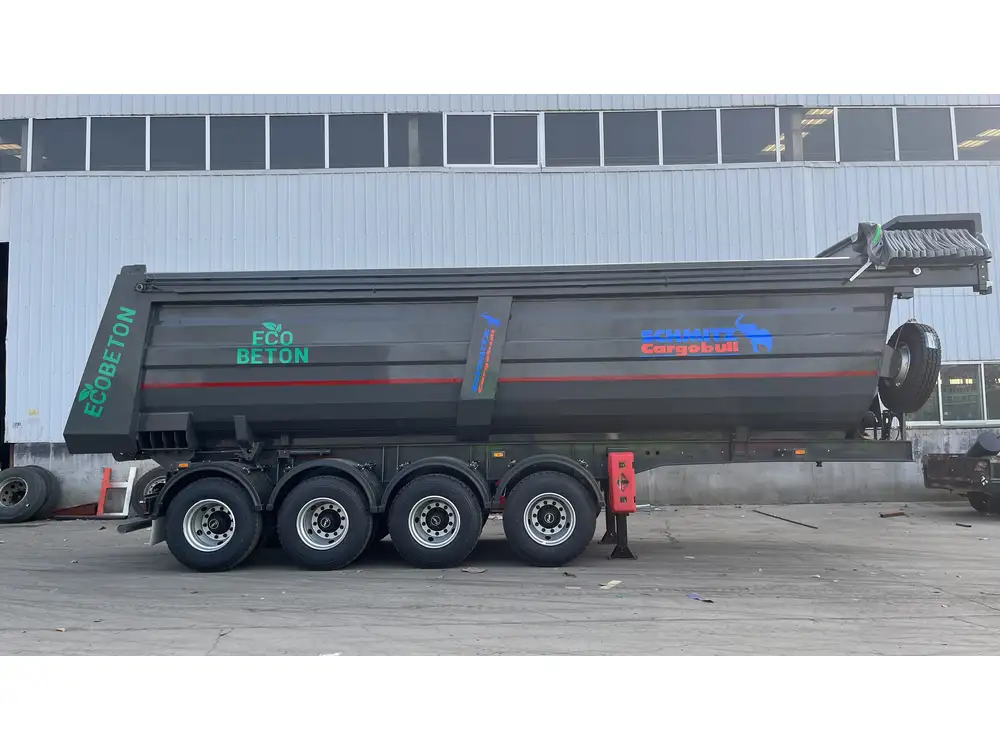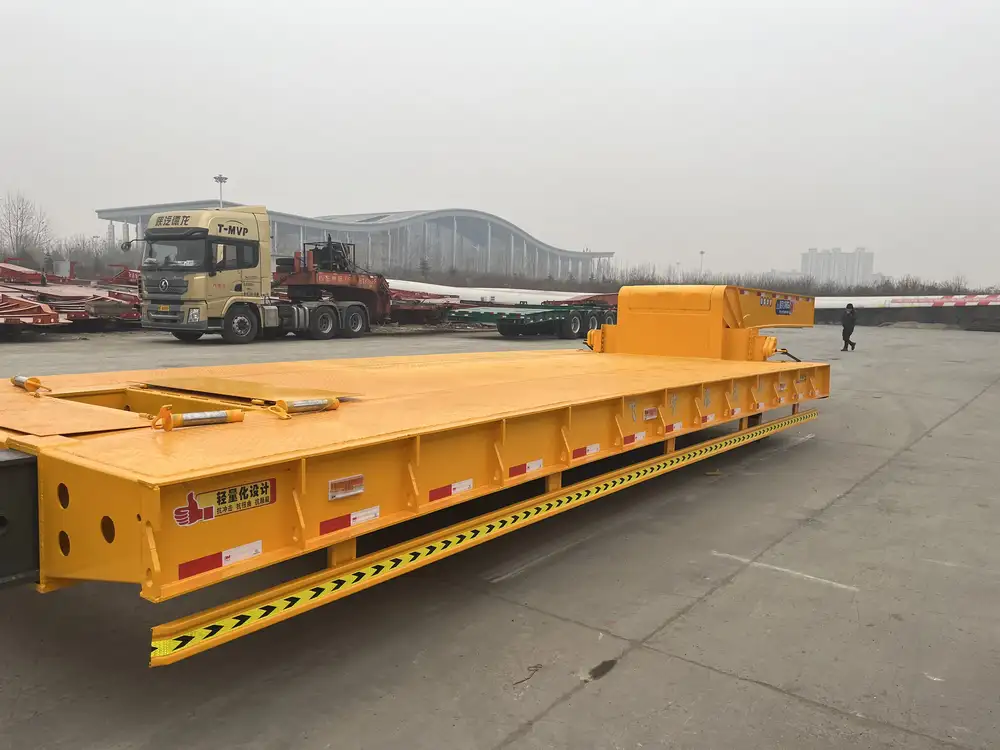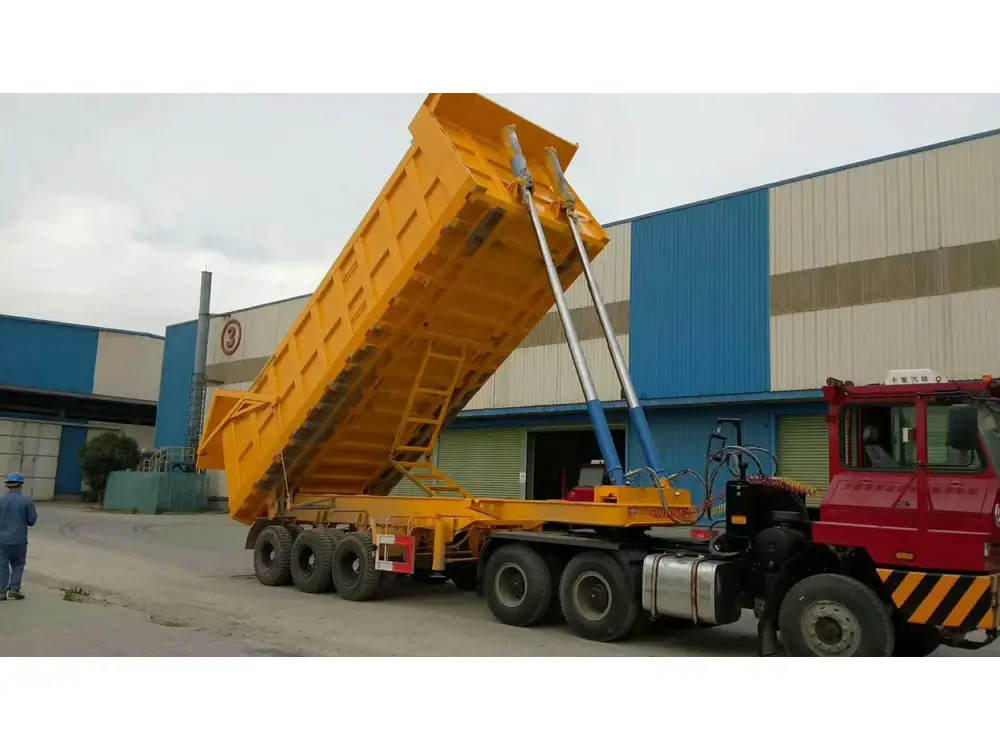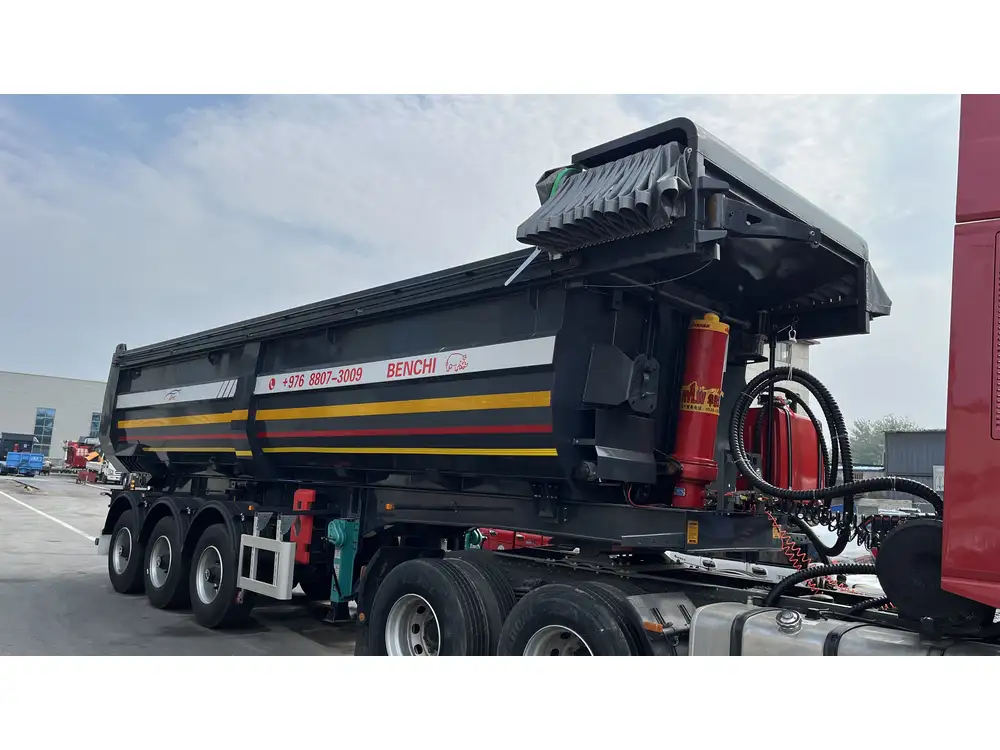When it comes to maintaining a semi-trailer, one of the most critical components to monitor are the tires. They bear the weight of loads, influence fuel efficiency, and ultimately affect safety on the road. Understanding the costs associated with semi-trailer tires involves several factors, including type, brand, size, and intended application. Below, we dissect these elements in detail to help you make an informed decision.
What Are Semi-Trailer Tires?
Semi-trailer tires are specifically designed for heavy-duty vehicles that transport goods across long distances. Unlike standard vehicle tires, semi-trailer tires are engineered to withstand significantly heavier loads and endure longer wear. The tire’s construction must also accommodate lower pressure specifications, which are crucial for managing the extensive weight of commercial transport.
Types of Semi-Trailer Tires
The first step in understanding tire costs involves knowing the different types available. Here’s an overview:
| Type | Description | Cost Range |
|---|---|---|
| Steer Tires | Designed for the front axle, prioritizing traction and handling. | $250 – $500 each |
| Drive Tires | Used on the drive axle, providing traction and durability. | $300 – $600 each |
| Trailer Tires | Built for the trailer axle, optimized for carrying heavy loads. | $150 – $400 each |
| All-Position Tires | Versatile tires suitable for any axle position; effective but often pricier. | $350 – $700 each |

Cost Breakdown of Semi-Trailer Tires
Understanding how much you can expect to pay for semi-trailer tires involves multiple cost components:
Initial Purchase Cost: This is the flat rate you pay when acquiring new tires. As indicated in the table, this can vary widely based on the type and brand. For example, premium brands might have higher prices but can offer superior performance and longevity.
Installation Fees: This cost can often be overlooked when budgeting. Tire installation can range from $15 to $50 per tire, depending on the service provider.
Maintenance Costs: Regular maintenance is crucial for extending tire life. This includes rotation, alignment, balancing, and periodic inflation checks. Expect to spend an additional $100 annually for proper tire upkeep.
Replacement Costs: Depending on usage and wear, tires typically last between 40,000 and 80,000 miles. When it’s time for a replacement, plan for the original purchase cost again.
Tire Disposal Fee: Many tire shops charge a fee to dispose of old tires, usually around $2 to $5 per tire.
Factors Influencing Tire Costs
Here are some key elements that influence how much you might pay for semi-trailer tires:
Brand Reputation: Well-known manufacturers like Michelin, Goodyear, and Bridgestone may charge more but can offer better warranties and performance.
Tread Design: More complex tread designs (like those on all-position tires) may increase costs due to enhanced performance capabilities.
Load Capabilities: Tires rated for heavier loads typically incur a higher price tag, reflecting their durability and enhanced safety features.
Technological Features: Additional features, such as fuel efficiency optimization and noise reduction, can impact prices as well.
Exploring Tire Options: Which One is Right for You?
Choosing a tire type based on your operational needs is paramount. Let’s evaluate the choices:

1. Steer Tires
- Benefits: Enhance control and traction in varying weather conditions.
- Ideal Use: Long-haul trucking, moving heavy loads, and frequent turns.
2. Drive Tires
- Benefits: Offer superior durability and traction, especially on inclines and when starting from a full stop.
- Ideal Use: Heavy freight hauling and routes with steep grades.
3. Trailer Tires
- Benefits: Built to support heavy trailer loads while minimizing rolling resistance for improved fuel economy.
- Ideal Use: Ideal for freight hauls, where trailer weight is substantial.

4. All-Position Tires
- Benefits: Multi-purpose use with balanced performance across various services.
- Ideal Use: Mixed routes or businesses needing flexibility in axle configurations.
Cost vs. Quality: What to Consider
In the quest to maximize investment, weighing cost against quality becomes vital. Here are essential considerations:
Longevity vs. Initial Cost: Investing in higher-quality tires may yield long-term savings through extended service life and a reduction in replacements.
Fuel Efficiency: Tires engineered for lower rolling resistance can significantly save on fuel costs, sometimes offsetting a higher upfront price.
Risk of Poor Quality: Cheaper options may seem tempting but can lead to premature wear, increased maintenance, or worse, safety hazards.
Comparison of Popular Brands
| Brand | Type | Price Range | Mileage Warranty |
|---|---|---|---|
| Michelin | Steer, Drive, Trailer | $250 – $700 | Up to 80,000 miles |
| Goodyear | Drive, Trailer | $300 – $600 | Up to 70,000 miles |
| Bridgestone | All-Position | $350 – $700 | Up to 75,000 miles |
| Continental | Steer, Drive | $280 – $650 | Up to 75,000 miles |

Maintenance Tips for Longevity
To ensure that your semi-trailer tires last as long as possible, consider these routine maintenance practices:
Regular Inspection: Check for uneven wear, cracks, and irregularities at least once a month.
Proper Inflation: Maintaining the recommended tire pressure is crucial; both over-inflation and under-inflation can reduce lifespan.
Rotation Schedule: Rotate tires every 6,000 to 8,000 miles to promote even wear.
Alignment and Balancing: Misalignment can lead to premature wear; check alignment every 10,000 miles.
Avoid Overloading: Respect weight limits established by manufacturers to enhance tire performance and longevity.
Frequently Asked Questions
How much do semi-trailer tires typically cost?
On average, semi-trailer tires range from $150 to $700, varying significantly based on type, brand, and specifications.

What are the best practices for tire maintenance?
Routine inspections, consistent inflation checks, and timely rotations can prolong tire life significantly.
How many miles can semi-trailer tires last?
Typically, semi-trailer tires should last between 40,000 to 80,000 miles, contingent on driving conditions and maintenance.
Should I invest in premium tires?
Yes, premium tires may seem costlier upfront but often provide enhanced durability, safety, and long-term value, particularly for fleets.

Conclusion
Making educated decisions regarding semi-trailer tire costs and options plays a pivotal role in operational efficiency and safety. By analyzing tire types, considering brand differences, and adhering to maintenance best practices, you can optimize performance while managing costs effectively. Whether you’re in freight, logistics, or general transportation, the information above serves as a toolkit for navigating the often-overlooked yet vital aspect of semi-trailer operations.



